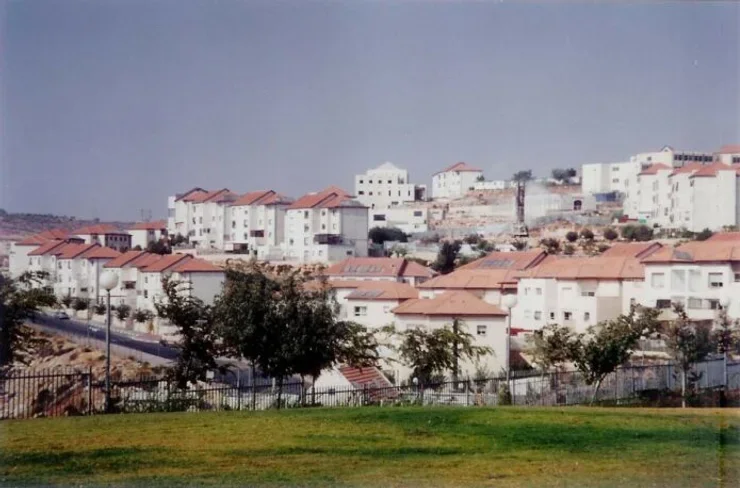The decision could mean the funneling of hundreds of millions of dollars for the development of already existing settlements in the Shomron and Yehuda, including the Chareidi cities of Beitar, Kiryat Sefer and Emmanuel, a potentially explosive issue for the Biden administration.
The change of policy is due to a change of leadership in the JNF, which was once controlled solely by the left. JNF’s new chairman Avraham Duvdevani, who entered the position in the fall of 2020, acted to change the policy.
Rabbi Pesach Lerner, the head of the Chareidi Eretz Hakodesh faction of the World Zionist Organization (WZO), congratulated Duvdevani on the decision.
Eretz Hakodesh worked tirelessly to ensure that the Chareidi cities of Beitar and Emmanuel were included on the JNF’s list of communities defined as “preferential areas for purchase” together with the Chareidi city of Kiryat Sefer. Beitar and Emmanuel were not initially on the list but thanks to the efforts of Eretz Hakodesh, they were ultimately included.
“This decision is a welcomed and historic decision,” an Eretz Hakodesh spokesperson stated. “We are proud and excited that we had a part in creating it, and welcome the fact that it also includes the Charedi communities designated as preferential areas.”
An Axios report about the JNF’s decision stated: “Due to its political and diplomatic sensitivity, JNF leaders tried to keep this move under the radar. A hard copy of the draft resolution was delivered by hand to board members, who were asked to keep it discreet.”
The report added that a US State Department spokesperson was asked on Thursday about this report, and he responded: “It is critical to avoid unilateral steps that exacerbate tensions and undercut the efforts to achieve a two-state solution. This includes annexation, settlement building, demolitions, incitement and payments for terrorists.”





